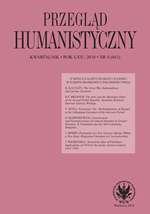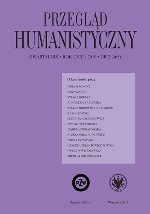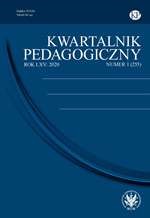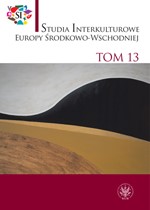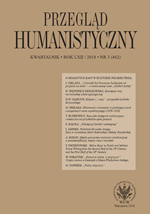
Kłopoty z „rasą” – przypadek Ludwika Krzywickiego
The article presents the transformations of Ludwik Krzywicki’s views on race. First,based on the biographical and intellectual context, an important place of anthropologicalreflection of the author of Ludy [Peoples] is pointed out. Krzywicki, aware of the threatscoming from the young discipline, perceived it, however, as the chance for the developmentof science and society.Further in the article, the problems of researchers with ambiguous value judgmentsabout race appearing in the anthropological works of the Polish Marxist are discussed andcompared with the difficulties of Krzywicki himself, who from the very beginning of dealingwith ethnographic research tried to systematize the reflection on the subject. The fuzzy scopeof meaning, ideological burdens, arbitrariness, relativity, and conventionality of the conceptof race ultimately led the author to reject the problematic category but also contributed tothe development of quantitative and qualitative sociological analysis in his later studies.
More...
